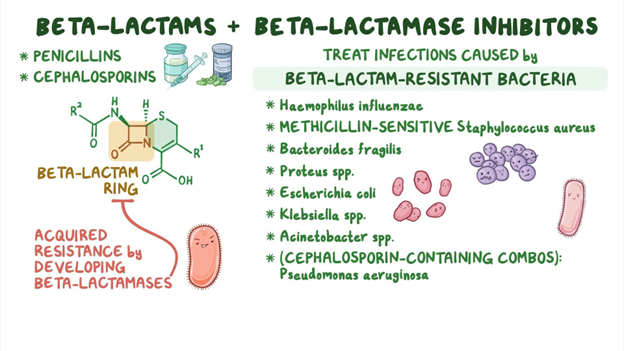This type of hypersensitivity reaction involves failure of the development of self-tolerance:
delayed hypersensitivity reaction
antibody-mediated reaction
autoimmune reaction
immediate hypersensitivity reaction
The Correct Answer is C
A. Delayed hypersensitivity reaction: This type of hypersensitivity reaction, also known as Type IV hypersensitivity, involves a delayed response by the immune system and is mediated by T cells. It does not necessarily involve a failure of self-tolerance.
B. Antibody-mediated reaction: This type of hypersensitivity reaction, also known as Type II hypersensitivity, involves antibodies targeting specific antigens on cell surfaces, leading to cell destruction. It doesn't directly indicate a failure of self-tolerance but rather an immune response against specific cells or tissues.
C. Autoimmune reaction: In autoimmune reactions, the immune system fails to recognize certain body tissues or substances as "self," leading to an immune response against the body's own cells or tissues. This results from a breakdown in self-tolerance, where the immune system mistakenly targets its own body.
D. Immediate hypersensitivity reaction: This type of hypersensitivity reaction, also known as Type I hypersensitivity, involves an immediate response by the immune system to an allergen. It includes conditions like allergies and anaphylaxis, where the immune system reacts strongly to substances that are normally harmless. This response does not necessarily indicate a failure of self-tolerance but rather an exaggerated response to specific antigens.
Nursing Test Bank
Naxlex Comprehensive Predictor Exams
Related Questions
Correct Answer is D
Explanation
A. Aminoglycosides: Aminoglycosides are a different class of antibiotics. They do not have cross-sensitivity with penicillin. People who are allergic to penicillin can usually take aminoglycosides without a problem.
B. Erythromycins: Erythromycins are macrolide antibiotics. They are not related to penicillin structurally, so there is no cross-sensitivity between penicillin and erythromycins. People allergic to penicillin can generally take erythromycin without issues.
C. Quinolones: Quinolones, also known as fluoroquinolones, are a different class of antibiotics. They do not share a structural similarity with penicillin, so there is usually no cross-sensitivity between penicillin and quinolones. People allergic to penicillin can usually take quinolones without problems.
D. Cephalosporins: Cephalosporins are beta-lactam antibiotics, just like penicillins. They have a similar chemical structure to penicillins, which can lead to cross-sensitivity. Individuals who are allergic to penicillin might also have an allergic reaction to cephalosporins due to this structural resemblance. However, it's important to note that not all cephalosporins are the same, and the risk of cross-reactivity varies among different generations of cephalosporins. Healthcare providers need to assess the specific situation and choose an appropriate antibiotic if there is a known penicillin allergy.

Correct Answer is B
Explanation
A. "You have developed urticaria in response to something in your environment."
This statement is incorrect. Urticaria refers to hives, a skin rash usually caused by an allergic reaction, infection, or stress. It's not necessarily indicative of an autoimmune disease.
B. "Your immune system is creating antibodies that are destroying your own cells."
This statement is correct. Autoimmune diseases involve the immune system mistakenly attacking the body's own cells and tissues, leading to various health issues.
C. "Your immune system is not able to create antibodies to help you fight infection."
This statement is incorrect. In autoimmune diseases, the immune system is overactive, producing antibodies that target the body's own cells, not that it can't create antibodies.
D. "You have developed an infection that is destroying your immune cells."
This statement is incorrect. Infections don't typically destroy immune cells; instead, infections often stimulate the immune system to respond and fight against invading pathogens.
Whether you are a student looking to ace your exams or a practicing nurse seeking to enhance your expertise , our nursing education contents will empower you with the confidence and competence to make a difference in the lives of patients and become a respected leader in the healthcare field.
Visit Naxlex, invest in your future and unlock endless possibilities with our unparalleled nursing education contents today
Report Wrong Answer on the Current Question
Do you disagree with the answer? If yes, what is your expected answer? Explain.
Kindly be descriptive with the issue you are facing.
